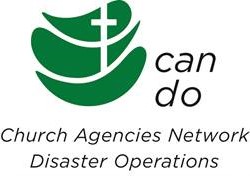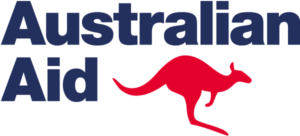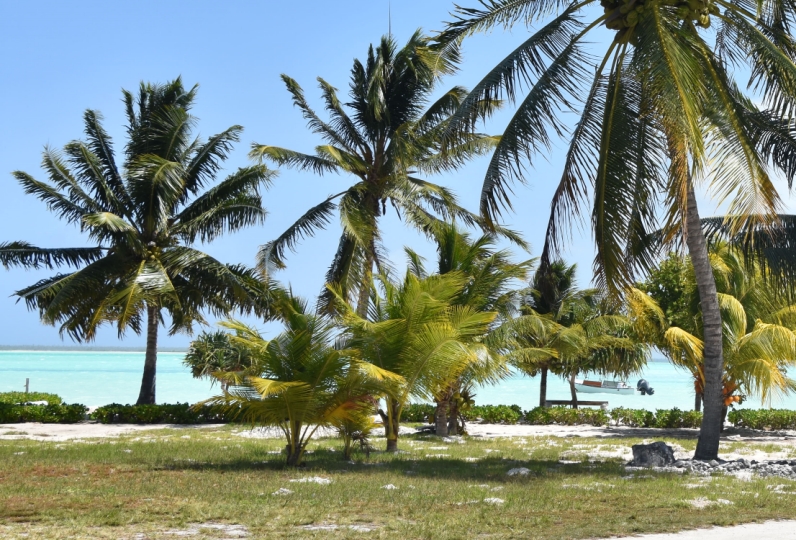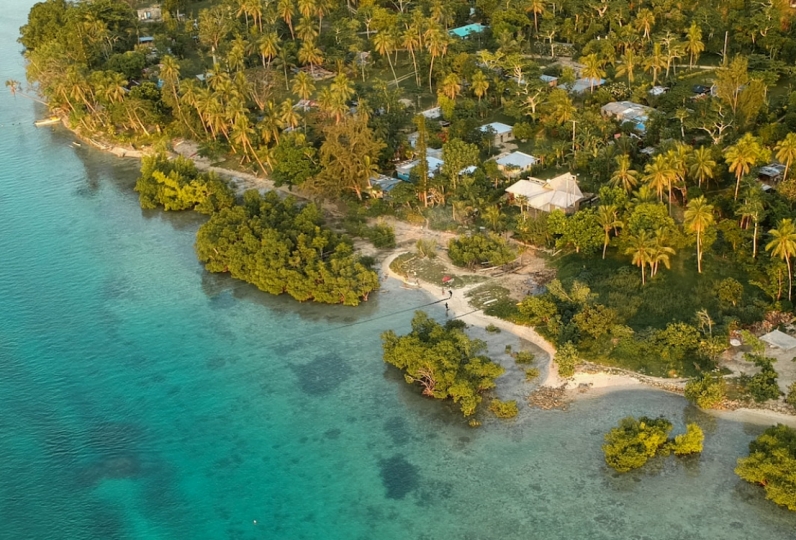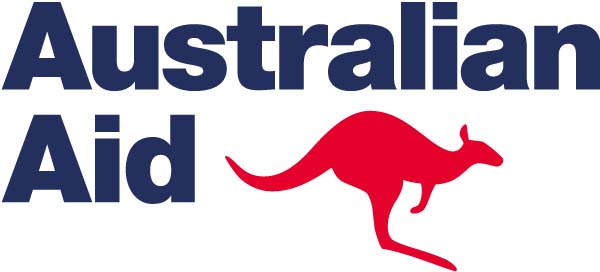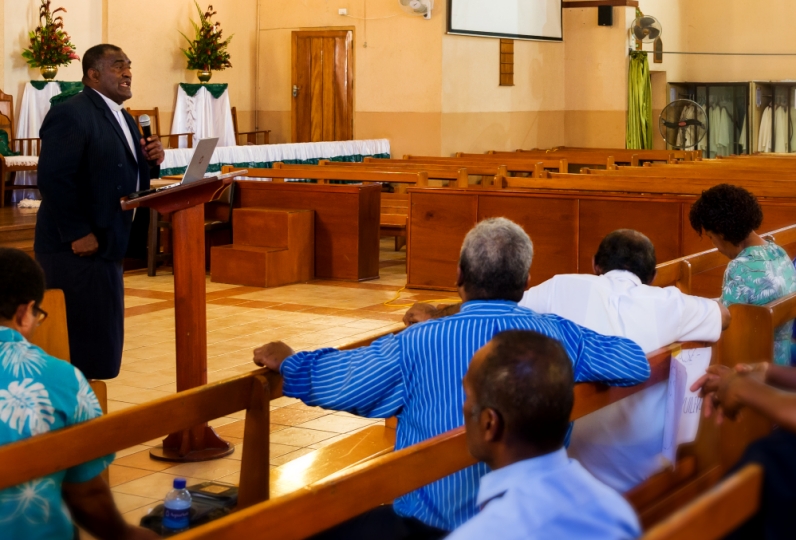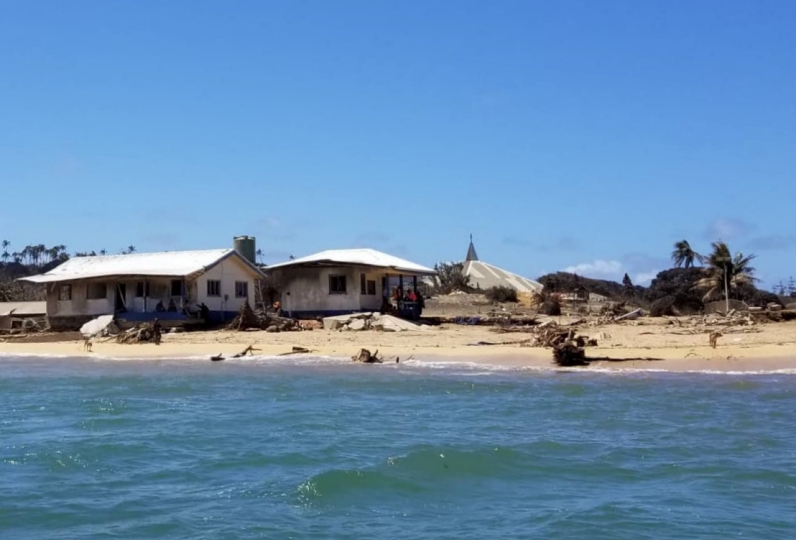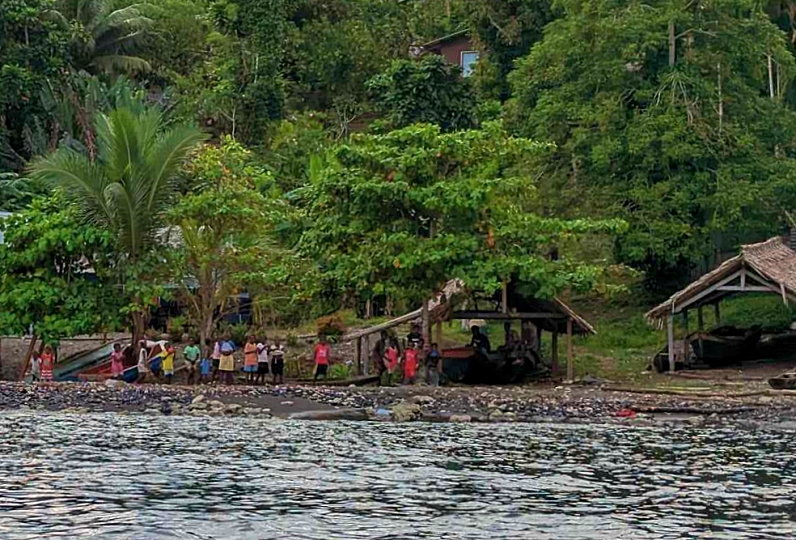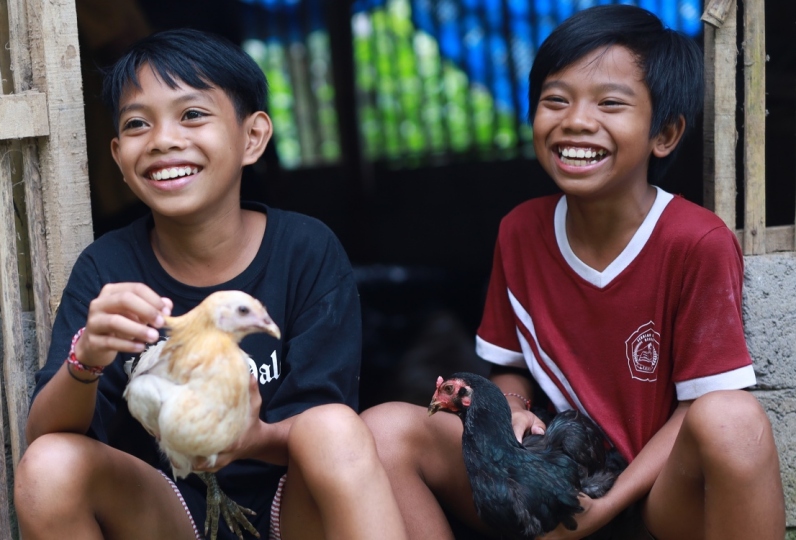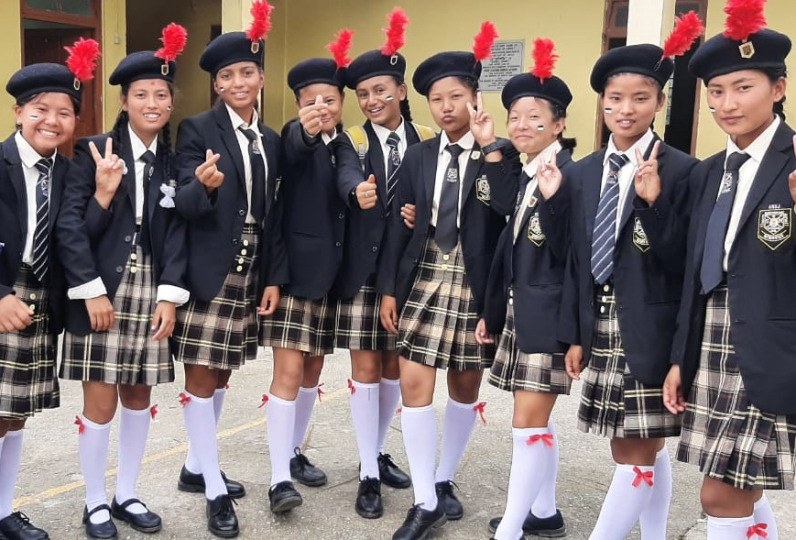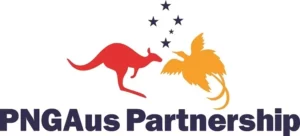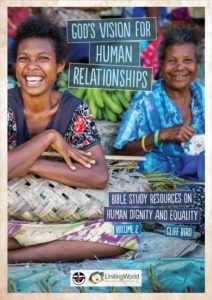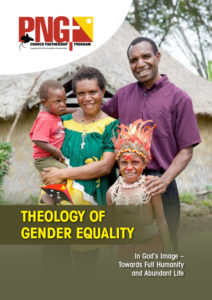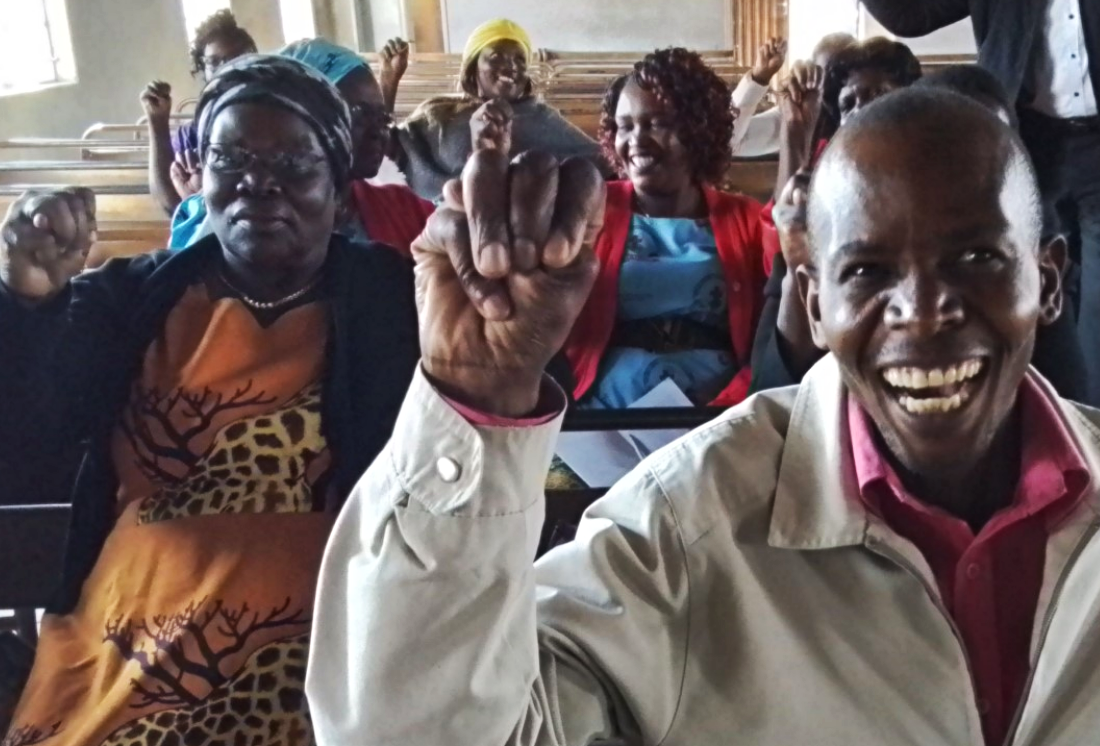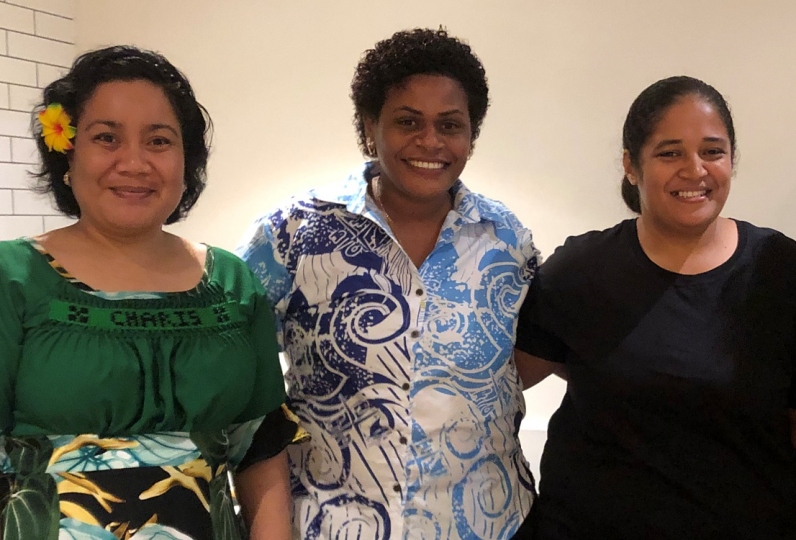We have been working to support our partner, the Free Wesleyan Church of Tonga, with recovery and resilience-building activities following the volcanic eruption of Hunga Tonga-Hunga Haʻapai and related tsunami in 2022. Some of the work is funded by the Australian Government as part of the Australian Humanitarian Partnership Program (AHP), through the Church Agencies Network-Disaster Operations consortium (CAN-DO), and the remainder by UnitingWorld and our supporters.
The AHP funding has provided the affected communities access to psychosocial support, in a form of talanoa, a group conversation among the villages to help with the trauma. In addition, AHP funding is supporting women’s livelihoods by providing sewing machines and cookers, along with training courses so that the women can establish income-generating enterprises.
The UnitingWorld funding is providing tools and materials for rebuilding, gardening tools and seeds for planting new gardens, and boats, engines, lifejackets and fishing gear for transport and fishing, for eight affected islands. This will allow tsunami-affected people are able to get back on their feet and feel better about their futures.
Both projects have been supporting the communities most affected by the tsunami. Many of them had to relocate into new areas due to scale of the destruction. Providing them with livelihood options and materials to rebuild lives is essential. Many of the women who received training have reported improved income for the families in form of selling cakes and food or sewing dresses for others. Also, the communities who have received the boats already have reported several benefits, such as improved livelihoods by better access to fishing, as well as being able to transport children to school to the other islands or sick people to the hospital on the main island.
Part of this program includes working ecumenically through the Church Agencies Network-Disaster Operations consortium (CAN-DO) funded by the Australian Government as part of the Australian Humanitarian Partnership (AHP).
